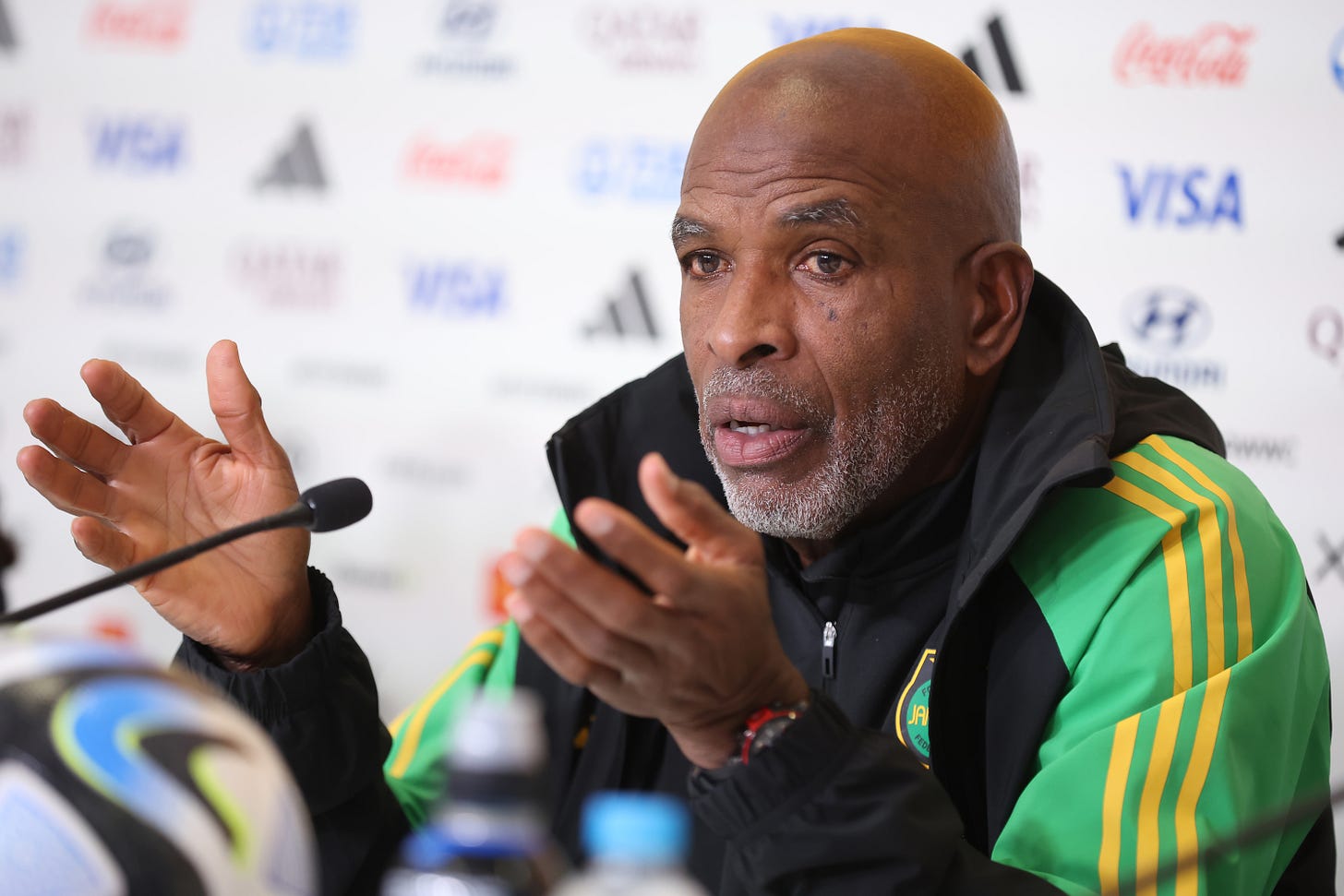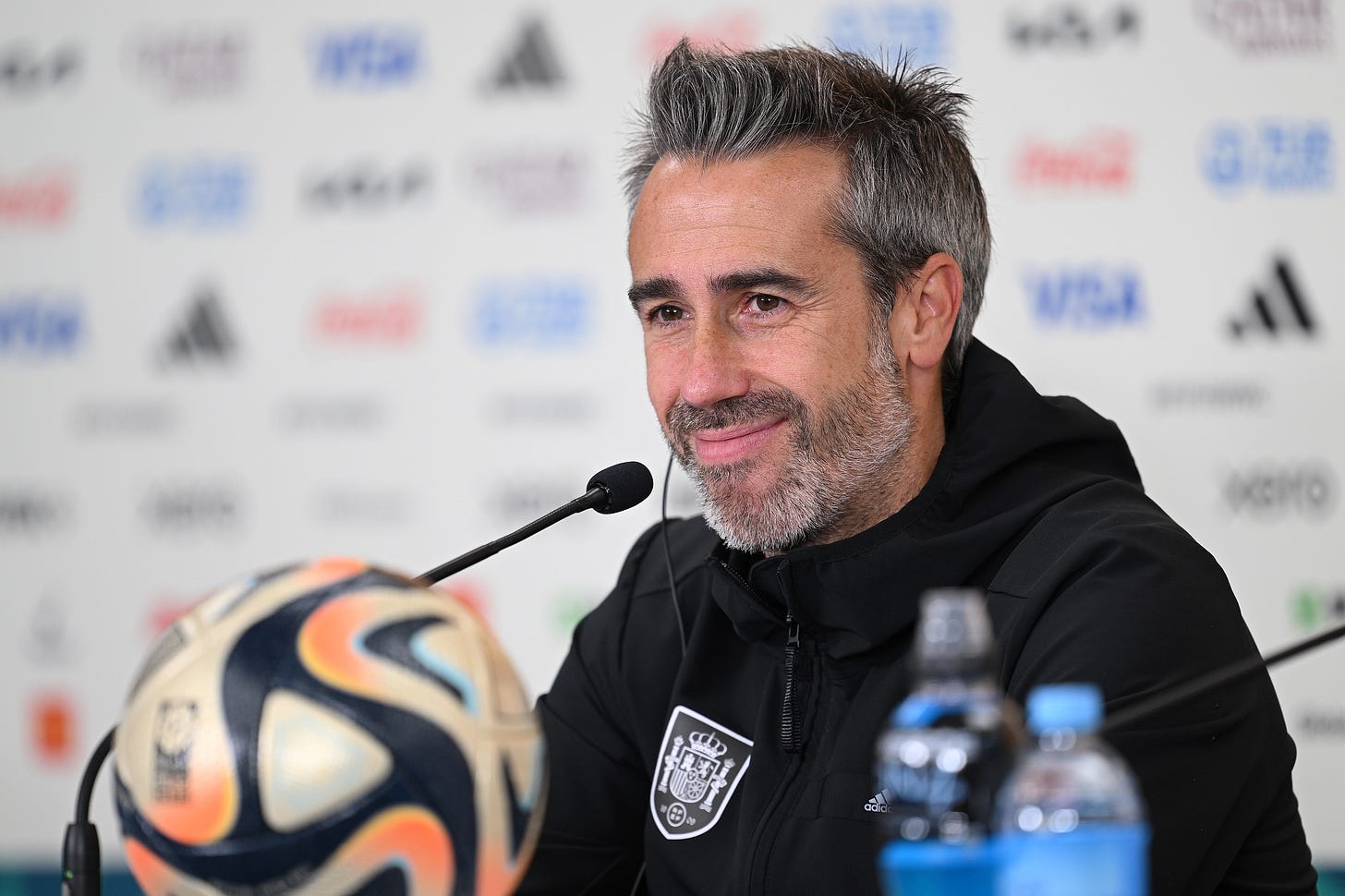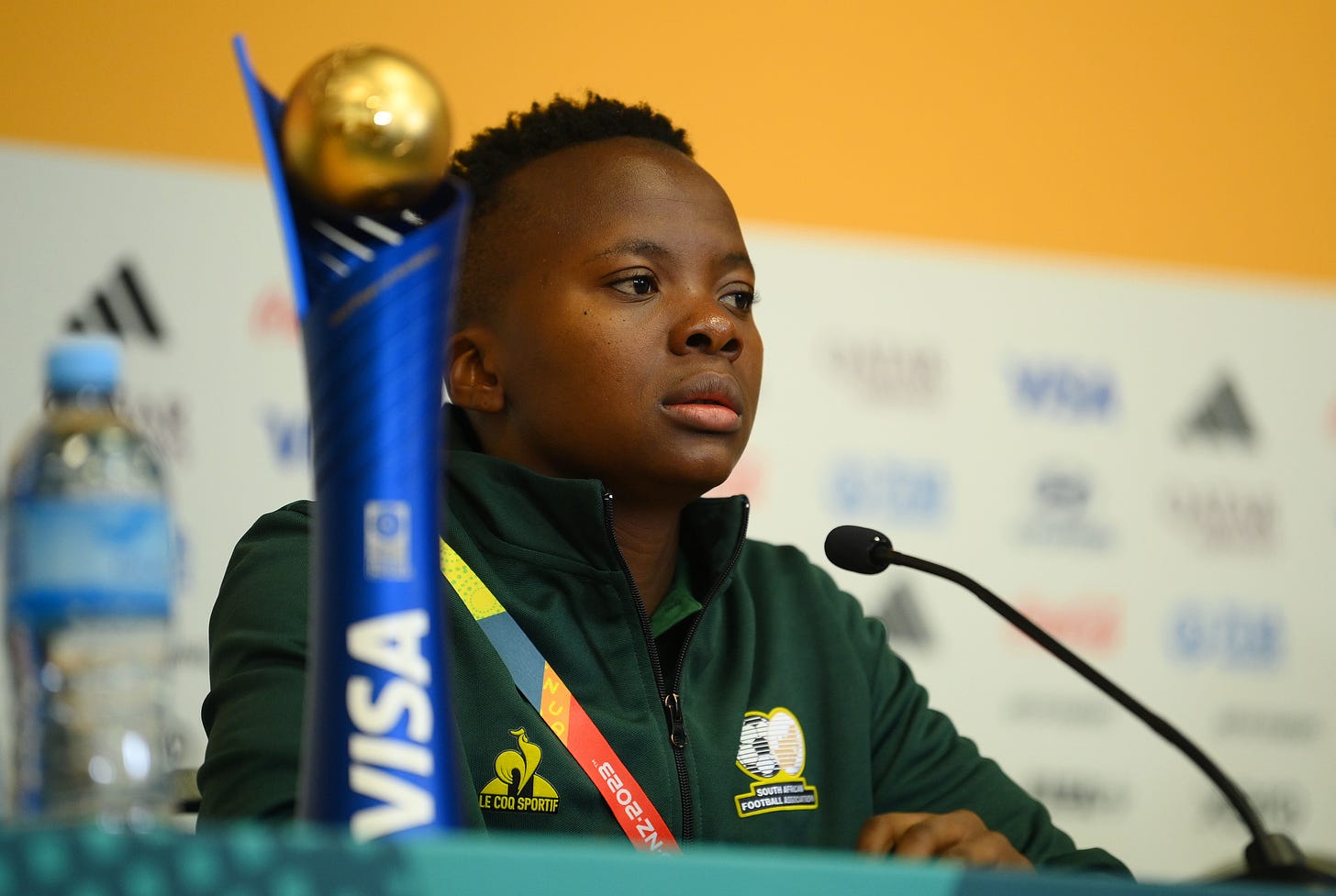Column: This World Cup should prove to be a reckoning for many nations, good and bad
Pre-tournament, the headlines were dominated by off-field issues, but shocks, surprises and superstars showed what the world has to offer with the right support...
Coming into this World Cup, there was a distinct fear off-field matters were going to rule the roost.
Constantly in the build-up, the news stories revolved around a lack of broadcast deals in key regions, the constant spate of ACL injuries, a battle between clubs and countries over release dates and various nations in long-term battles with their own federations.
I often used the term ‘unedifying’ for the weeks leading up to the opening games, and there was even a general uneasy murmur about how the new 32-team format would play out, with concern over the potential gaps between some of the eight debutants and the more established teams who have been doing it at this level for decades.
But fear not, on the field, this tournament delivered. Right from day one in fact. It may feel like a good year ago, but New Zealand’s opening day win – after one win in 12 months – against Norway set the tone for a chaotic, crazy and shock-filled group stage, all leading up to Spain lifting the trophy for the first time.
Then there was the Philippines getting their first ever win at a World Cup, followed too by Zambia, and then Morocco, the latter sending Brazil home early to get out of the group stage and into a second-round clash with France.
Check out over 100 more unique stories in WFC’s Premium section, available for just £45 for 12 months, paid in one go, or a £6 a month rolling subscription.
All subscriptions come with a 7-day free trial to allow you to explore our full archive.
Plus, guarantee you everything that is to come over the next 12 months…
Canada and Germany were too were victims of the group stage carnage, while champions in waiting Spain were hammered 4-0 by once favourites Japan, ironically a result which set La Roja on their path to glory and put Nadeshiko onto a route which would see them not even get past Sweden in the quarter-finals.
Speaking of Sweden, once again the bridesmaid, not the bride. Have you seen a more dramatic penalty shootout than what unfolded as USA went out in the second round? Probably not, until France and Australia took things a step further days later, and the scenes as the Matildas marched into the semi-finals won’t be forgotten.
And how can we forget the amazing achievements of South Africa, of Nigeria, of Colombia, of Jamaica. Nations who have battled adversity, not against rivals, but against their own federations.

Jamaica’s situation was so dire a GoFundMe was started to get them to Australia. South Africa’s players didn’t even play their final warm-up friendly due to a dispute with their federation over facilities and bonuses, while Nigeria’s own media department was busy calling their head coach Randy Waldrum an “incompetent loudmouth”.
Waldrum went on to see Nigeria through into the knockout stages and was a penalty shootout away from eliminating England.
Even those who didn’t make it won’t be forgotten. It won’t be forgotten watching Haiti and Melchie Dumornay take it to England, Panama’s Marta Cox scoring a stunning free-kick in the opening seconds against France, or plucky Portugal coming within a width of a post from qualifying in place of the double world champions.
This tournament taught us many things. It taught those who haven’t supported their national teams just what they could achieve with more interest from those within, and it taught those who have taken things for granted they can no longer get by on talent alone.
Some of the big nations turned up and looked like they expected to be able to cruise through the opening games with little plan, and were sent packing. Imagine what Jamaica, South Africa, Nigeria and co could do with more support from their own?
I interviewed several African players before the tournament who truly believed their continent could dominate women’s football with proper support, and if those nation don’t now see fit to throw more at it off this World Cup, they never will. And if they don’t, hopefully other nations waiting in the wings see fit to do so and overtake those who don’t bother.
The fear is these views will never change. As they say, a leopard never changes it spots. Perhaps they will sit in their leather chairs in their swish offices and think ‘they did fine even without our financial support or proper infrastructure’, but we shouldn’t stand for that as a sport.
The paradox of all that is in a tournament which saw nations with no support defy the odds, and some with plenty of support flourish for it, it was a federation who has been under the microscope more than any that came out on top, to the displeasure of many.
The RFEF’s attitude towards women’s football over the years has been sub-standard, and while some players have come out both pre and post-tournament to say things have changed, it has clearly not been enough for the 12 players who still refused to put themselves up for selection.
How Patri Guijarro, Mapi León and co would have felt seeing some of those who once stood alongside them lifting Jorge Vilda into the air on Sunday is anyone’s guess. Key players have come out in the past and said their qualms were not solely with Vilda, but with a general lack of support or care from the RFEF.
Some things did change, such as private charter flights, more time for preparation camps, but for too many the damage has been done. While the FFF barely deserve any credit for how its treated its own women’s team over the years, it did at least stop the buck earlier this year dismissing Corinne Diacre for Hervé Renard.
As for President Luis Rubiales, his behaviour post-match should be seeing him resigning before he’s even back on the plane, and if his public show towards Jenni Hermoso and co is anything close to symptomatic of what has unfolded behind the scenes over the past 12 months and beyond, it makes the fact this group of incredibly talented players won the tournament all the more remarkable.
As for Vilda, who knows? He said “let’s see” when asked about his future post-match, and it would be the perfect time to walk away for many reasons. There is still clear unease towards him, and he has the perfect excuse in his new status as world champion to walk away on a perceived high, his name set in stone on the list of coaches to lift the biggest trophy of all.
Even if it’s because he knows parts of the dressing room against him, he and Rubiales can frame their own departures however they want, and Rubiales’s own actions post-match can slide under the table. It was uncomfortable to watch, clearly uncomfortable for those involved and as far away from befitting behaviour of a federation President as can be.
It was almost the perfect book-end for a tournament which started with such issues and ended with them, but it should never be forgotten how amazing this tournament was for so many nations, and the springboard it should be for so many to come back stronger in 2027.
Whether that is the smaller nations who came here expecting little, or the former powerhouses who were humbled in front of the world, the competition should be even stiffer in four years’ time.


